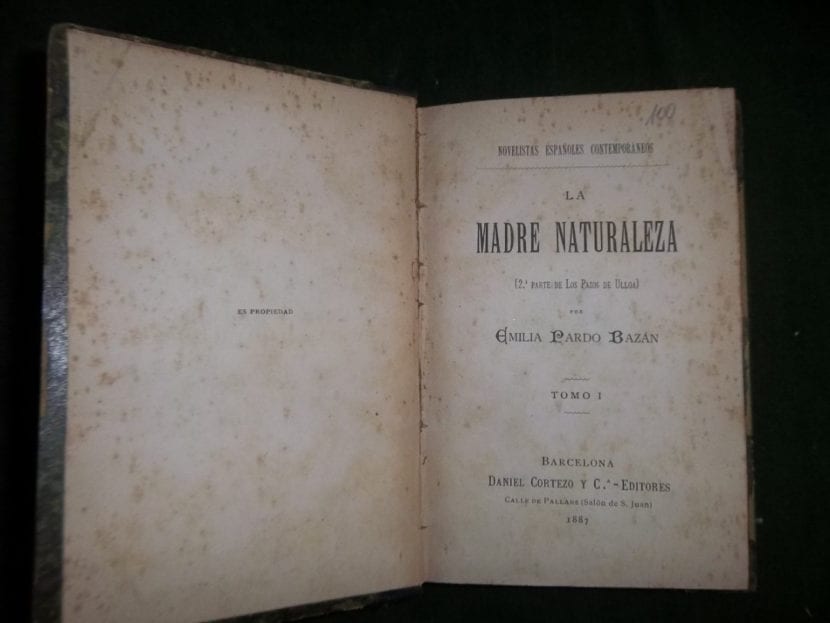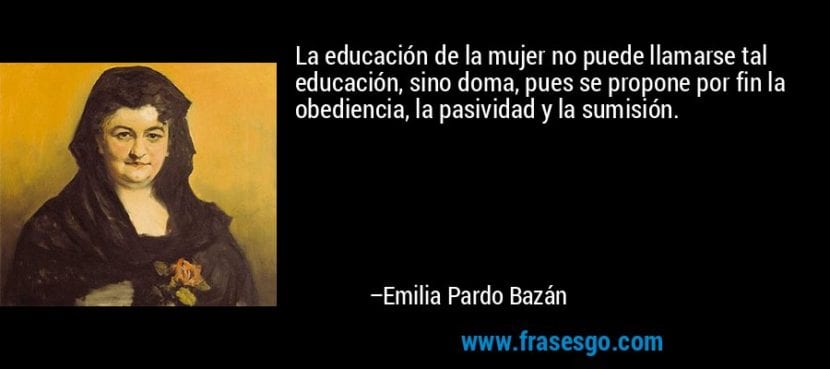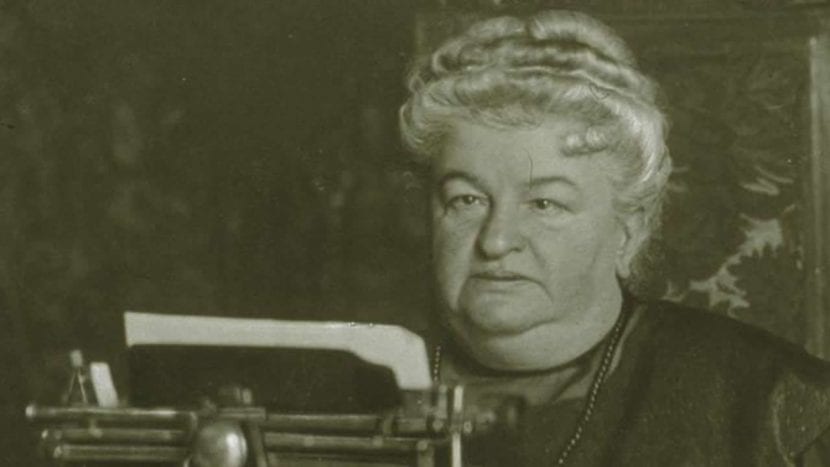
Books by Emilia Pardo Bazán: Mother Nature
"Emilia Pardo Bazán Libros" has been one of the most common searches on the web in recent months. The reasons are many, but the treasure that this author's literary work represents stands out among all of them. Bazán was a Spanish journalist, writer, feminist, translator, and editor. Throughout her life she defended the rights of women and ensured that they had a respected role within society.
The author was part of the nobility and the Royal Galician Academy. Her title of Countess of Pardo Bazán was awarded to her by King Alfonso XIII in June 1908. Bazán produced both novels and essays, travel books and plays. The famous phrases of the author also stand out, oriented to the defense of women and full of an admirable philosophical and poetic depth.
Family and childhood
Pardo was born in La Coruña, a town in Galicia, on September 16, 1851. He grew up in an aristocratic family. His father was José María Pardo Bazán y Mosquera, who had the title of first count of Pardo Bazán and his mother was named Amalia María de la Rúa Figueroa y Somoza.
Her father was a man with feminist ideas and he made sure that Emilia had a quality education. In his childhood he used to read the books that his father had, his favorites were novels and history texts. He studied in a school protected by the Royal House and as a teenager with governesses.
Education
The writer was one of the few women of her time who refused to learn about housework and music.. She studied English, French and German, her father and her intellectual friends educated her in science and philosophy because university studies were prohibited for females.
Love life
In 1868 she married a 19-year-old law student named José Quiroga y Pérez Deza. A year after the wedding they decided to move to Madrid together with Emilia's father, who was to exercise his position as Deputy to the Cortes. In 1871 they went with the Pardo-Rúa couple to Italy and France.
Beginning of his literary career
In the diary The Impartial released her writings on the trip she had made with her parents and husband. Within these chronicles the author sought to show how travel was an excellent means to promote a person's education. He recommended visiting new places at least once a year.
In 1876 he published his first essay entitled Critical study of the works of Father Feijoo for which he obtained recognition and admiration. In that year his son Jaime was born and he produced a collection of poems that was edited by Francisco Giner de los Ríos and titled with the same name as his little one.

Quote by Emila Pardo Bazán - Frasesgo.com.
In 1879 his daughter Blanca was born and published his first novel Pascual López, autobiography of a medical student. This was a successful play that was unveiled at the Spain Magazine. The story took place in Santiago de Compostela and its theme was romantic with a realistic tone.
Emilia published A honeymoon in 1881. , in this work he made known his interest in naturalism. In that year his daughter Carmen was born and he began to correspond with the writer and politician Benito Pérez. In 1882 he demanded education for Spanish women in a seminary of the Free Institution of Education.
Pardo's naturalism
The Spanish author published in 1882 The burning question, a book considered as a promoter of naturalism in his country. It was a controversial work, branded as atheistic and pornographic because it was about the literature of Émile Zola. Because of this controversy, her husband asked her to stay away from writing.
Pardo-Bazán continued to produce works, including The Tribune The 1883 y The young lady In 1885, the latter was inspired by marital problems and subsequent separation with her husband José. In 1886 he published The pazos de Ulloa, and in 1887 the author published Mother nature and began to move away from naturalism.
Politics and feminism
Political journalism and her struggle to defend women's rights gave her greater recognition. He lectured on various occasions and many men of the time felt threatened by his talents. In 1890 he published Spanish woman and learned of his father's death. This loss brought Emilia closer to symbolism and spiritualism.
With his father's inheritance he created the political and social magazine New Critical Theater. In 1892 she was rejected when trying to be part of the Royal Spanish Academy and in 1906 she became the first woman to head the literature department of the Atenea de Madrid cultural institution. It is said that at some point in her life the author had racist and anti-Semitic ideas.
Last years and death
In 1916 she managed to teach Neo-Latin literature classes, becoming the first professor of that chair at the Central University of Madrid. Emilia died on May 12, 1921 in the Spanish capital. His first novel Dangerous hobbies and some of his travel books were published posthumously.

The writer Emilia Pardo Bazán.
Emilia Pardo Bazán: Featured Books and Excerpts
Here are fragments of some of the works of the Spanish author:
The rostrum
“As there are usually no seasons for the poor, Amparo had the same tartan suit, but very deteriorated, and a red worsted scarf was the only garment that indicated the transition from spring to winter ...
“… In spite of such petty attire, I don't know what flower of adolescence was beginning to show on her person; the tan of his skin was lighter and thinner, his black eyes were shining ”.
The burning question
“As Zola exposes it, it suffers from the naturalistic aesthetics of the defects that we already know. Some of its principles are of great results for art; but there is in naturalism, considered as a body of doctrine, a limitation ...
“… A closed and exclusive character that I cannot explain except by saying that it resembles the low-ceilinged and very small rooms, in which breathing is difficult. To avoid drowning, you have to open the window: let the air circulate and the light from the sky enter ”.
Mother nature
“Under a tree the couple took refuge. It was the magnificent chestnut tree protector, with a majestic and vast crown, open with almost architectural pomp over the broad and firm column of the trunk, which seemed to launch arrogantly towards the unleashed clouds: a patriarchal tree, the kind that see generations of bedbugs succeeding with disdainful indifference. , aphids, ants and larvae, and give them a cradle and a grave in the sinuses of their cracked bark ”.